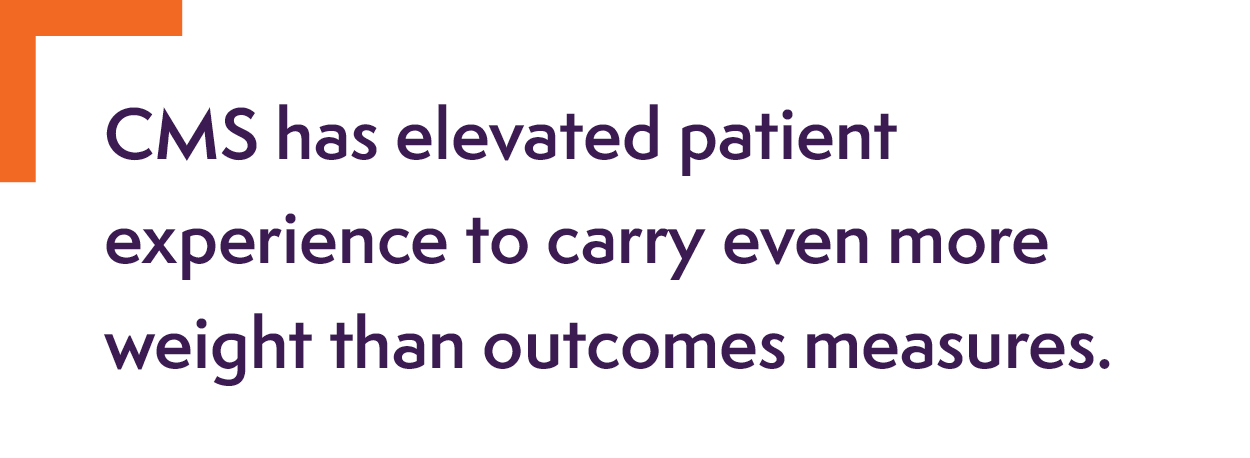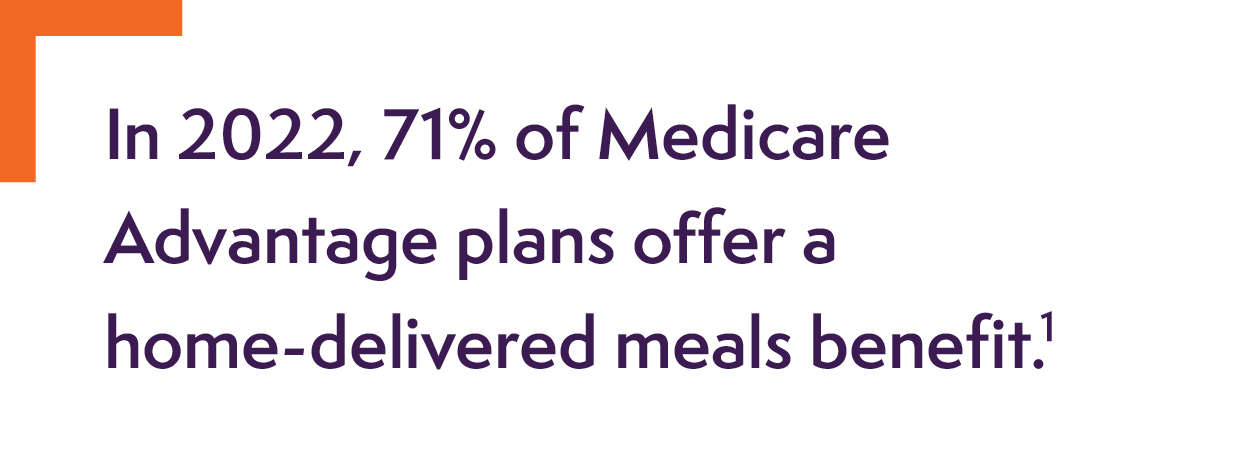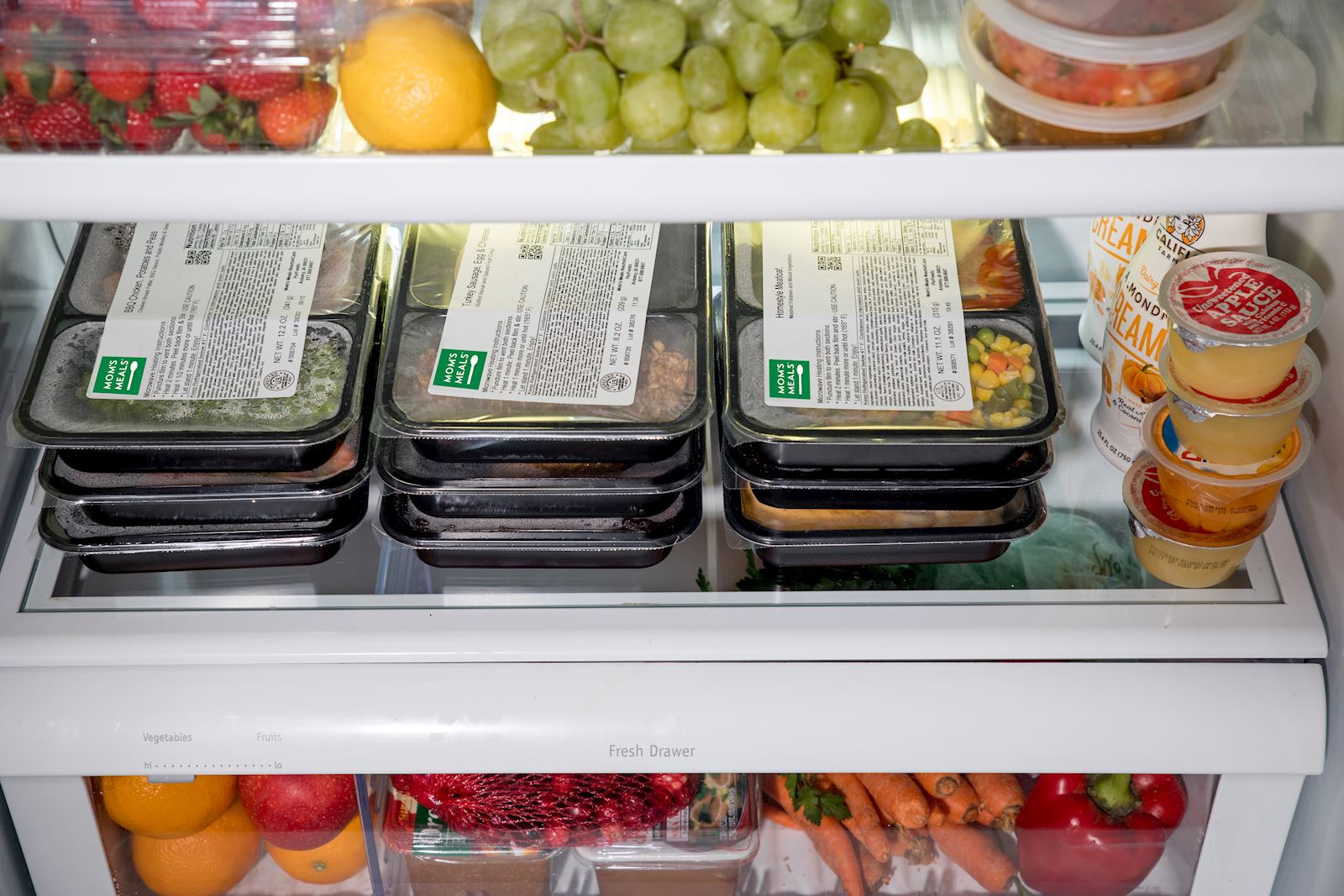In 2007, the Centers for Medicare & Medicaid Services (CMS) established the Five-Star Quality Rating System to measure how well providers and Medicare Advantage (MA) plans provide service to members. The main goals are to incentivize insurers to heighten plan performance and to help Medicare beneficiaries compare and choose high-quality plans. For MA plans, a condition-appropriate, home-delivered meals program can be a low-cost, low-risk health intervention that improves both health outcomes and quality measures.
Star rating system overview

The system itself is comprised of 40 quality measures divided into categories, each with a different weighting. Scores are added together with the weighted average becoming the overall star rating. Ratings range from one to five stars — one star signals poor performance, five stars indicates excellent performance.
The rating system includes three key areas:
- Performance measures from the Healthcare Effectiveness Data and Information Set (HEDIS)
- Member satisfaction scores (Consumer Assessment of Healthcare Providers and Systems or CAHPS)
- Results of a health outcomes survey (HOS) to its own data
Weight of patient experience measures doubled
According to the Contract Year 2022 Medicare Advantage and Part D Final Rule, CMS has doubled the weight of patient experience measures used to calculate star ratings. This change effectively means patient access to care and experience will carry even more weight than outcome measures when calculating star ratings. Although this change will impact star ratings for plans in 2024, those ratings will be based on care delivered in 2022.
Resources to help boost star ratings
We have developed a suite of resources that includes an information-packed white paper and infographic to help boost your health plan’s star ratings and increase your presence in the MA market.
Home-delivered meals can positively impact star ratings
Certain quality measures may be influenced and strengthened with a home-delivered meals program. In addition to potentially impacting quality measures related to clinical care, a home-delivered meals program can also improve the perception and rating of a health plan by members participating in the CAHPS survey. This is critical, as CAHPS scores will become even more important with a quadruple rating in the future.
2021 Part C & D Star Ratings – Medicare | Source | Star Weight |
Improving or Maintaining Physical Health | HOS | Display Measure |
Diabetes Care – Blood Sugar Controlled | HEDIS | 3 |
Reducing the Risk of Falling | HEDIS/HOS | 1 |
Rating of Health Plan | CAHPS | 4 |
Health Plan Quality Improvement | Star Ratings | 5 |
Hospitalizations for Potentially Preventable Complications | HEDIS | Display Measure |
Plan All-Cause Readmissions | HEDIS | Display Measure |
Research: home-delivered meals can improve outcomes and lower health care costs

It’s well documented that home-delivered meals programs are crucial for meeting the needs of individuals who are struggling with food insecurity, a chronic health condition, or both. Research has shown time and again that home-delivered meals improve health outcomes, lower health care costs and improve quality of patient care.

More stars may translate into higher plan enrollment
In today’s highly competitive MA market, plans have become hyper-focused in improving patient experience as a means to a five-star quality rating and, in turn, heightened enrollment. In 2022, 90% of MA enrollees were in plans with quality ratings of 4 or more stars.
Mom's Meals® can help
As a leading national provider of refrigerated, home-delivered meals and nutrition services, our Mom’s Meals team:
- Works with hundreds of health plans nationwide, including Medicare Advantage and Medicaid plans, that have a home-delivered meals benefit or plan to launch one
- Has deep knowledge of legislative policy surrounding nutrition services to populations in need
- Is passionate about improving health outcomes for those we serve
Let’s work together to launch a home-delivered meals program to help boost your star ratings.



